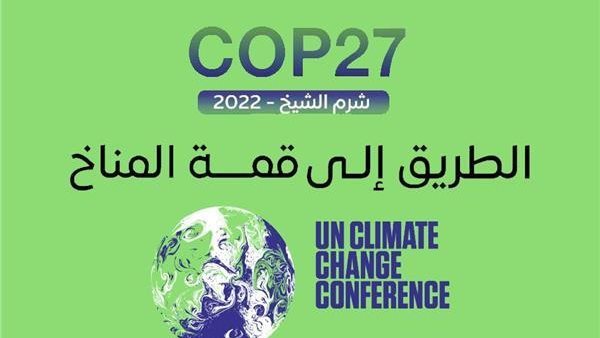The threat of climate change has a significant and disastrous influence on people’s ability to live, on their health and safety, and on their access to clean water, food security, and clean air without severe issues.
The increase in mortality attributable to climate change was anticipated by the World Health Organization, especially in poorer nations.
According to the World Health Organization of the United Nations (WHO), 140,000 deaths per year are anticipated to be caused by climate change. Developing nations are more impacted than other nations, according to one of the research done by the International Organization in this regard.
Along with water shortages, heat waves, and crop failures, the organisation also claims that diarrheal infections brought on by tainted water are the leading cause of death. Poor countries’ health systems frequently fall short in adapting to new situations.
The World Health Organization predicted that the prevalence of diseases like malaria and fever will raise the death rates in underdeveloped nations because mosquitoes, which thrive in warm, humid climates, spread the viruses that cause these diseases.
The environment in which individuals reside has an impact on many facets of their existence, including practical, scientific, and health-related factors.
Access to safe drinking water, sufficient food, and clean air are all directly impacted by wind, weather, and sunlight. However, climatic changes frequently negatively affect the population’s ability to meet their most basic demands in the afflicted area. New health hazards consequently start to surface as a result of this.
Given that mosquitoes, which thrive in warm, humid climates, spread the viruses that cause diseases like malaria and fever, the World Health Organization has predicted that the prevalence of such illnesses will raise the death rates in emerging nations.
The group of least developed countries declared in a declaration before the previous year’s climate summit that “raising global ambition and increasing funds to fight climate change is critical to our existence.
“Climate change is having an increasing impact on people, especially in poorer nations, according to UN Secretary-General António Guterres. In order to combat climate threats, nations have decided to strengthen the Santiago Network, a network that links at-risk nations with those who can help them with technical aid, information, and resources.
In order to talk about financing options for initiatives to prevent, minimise, and deal with losses and damages brought on by the negative effects of climate change, they also created the new Glaxo Dialogue.
Notably, the nations most susceptible to the negative impacts of climate change, such as floods, droughts, and forest fires.
It demanded that wealthy nations fulfil their commitment to provide $100 billion annually to aid in their adaptation to climate change and that they recognise the losses and harm they have endured, such as the results of rising sea levels or more frequent floods.
The most important topics for the next Sharm El-Sheikh Climate Summit are those pertaining to how the climate affects people’s lives in underdeveloped nations.

